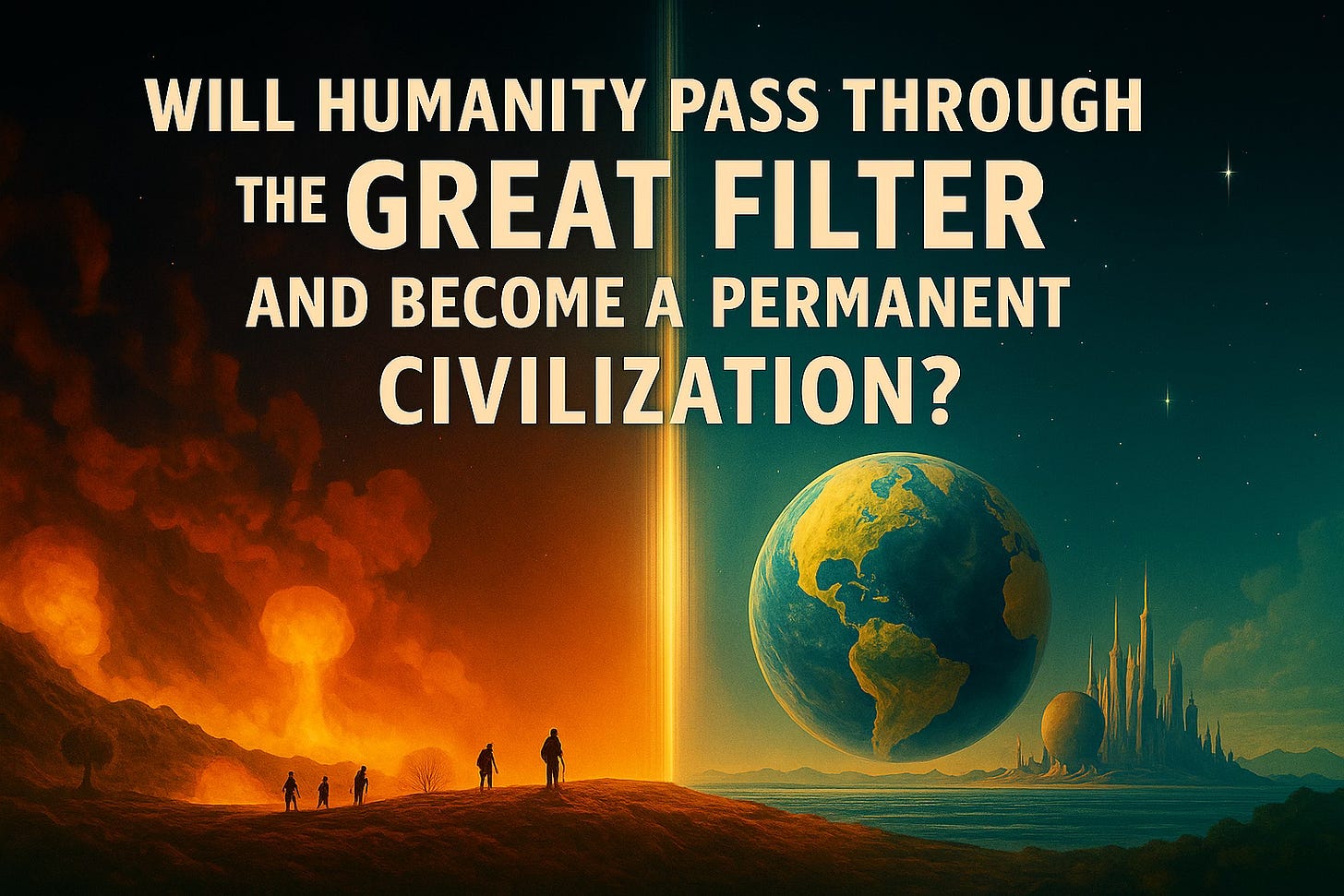Can Humans Create a Good Anthropocene?
Why planetary scientist David Grinspoon thinks humanity’s greatest test is learning to grow up before we collapse.
Here’s a quick podcast summary from this week’s episode of the Reversing Climate Change podcast by Ross Kenyon.
🔹 Quick Takeaways
The book: Earth in Human Hands: Shaping Our Planet’s Future by David Grinspoon reframes climate change and planetary management through the lens of planetary science and astrobiology and is a must-read.
Perspective shift: Seeing Earth as a managed system in the Cosmos makes us feel simultaneously small (we’re thankfully not all-powerful and all will continue on without us) and big (we can mature into a stable and permanent civilization.)
Wizards vs. Prophets: Grinspoon bridges Charles C. Mann’s categories: techno-optimist “wizards” and cautionary “prophets”, to form a balanced view.
Anthropocene as a choice: The key question isn’t whether we’re in the Anthropocene, but whether it will be a good one or an era of collapse.
The Fermi Paradox connection: Civilizations may disappear after hitting “Great Filter” events—planetary crises they fail to overcome.
Climate change as a great filter: Managing Earth’s systems compassionately and effectively may be humanity’s make-or-break test.
The maturity gap: Our technology has advanced faster than our political systems, leaving us like “a toddler with a race car.”
Inspiration and warning: Humanity can become a stable, flourishing planetary species—or just another data point in the universe’s theoretical graveyard of failed civilizations.
📝 Can We Pass the Great Filter?
Ross Kenyon revisits a book that reshaped how he thinks about climate work: Earth in Human Hands by planetary scientist and astrobiologist David Grinspoon. The book situates climate change inside a much bigger frame — the evolution of civilizations on planets, the search for extraterrestrial life, and the challenge of managing Earth as a whole system.
🌍 Seeing the Whole Planet
Grinspoon’s view combines humility and responsibility. From space, Earth is both vast and fragile. Humanity is now in a position where — for better or worse — we influence the planet’s systems. That means we need to mature into the role of planetary managers, even if that term makes us uneasy.
🔮 Wizards, Prophets, and Balance
Borrowing from Charles C. Mann’s “wizards vs. prophets” framing, Ross explains:
Prophets warn against overreach, seeing planetary management as hubris.
Wizards see technology and growth as solutions, with stalling progress as impending doom.
Grinspoon tries to honor the truths in both views. Retreating from our new powers isn’t realistic, but using them without wisdom is dangerous.
⏳ The Anthropocene Question
Scientists debate whether the Anthropocene — a human-dominated geological era — is a short-lived blip or the start of something lasting. The real question, for Grinspoon, is: Will it be a good Anthropocene?
That means asking if we can align our political and cultural maturity with our technological power before our systems collapse.
👽 The Fermi Paradox and Great Filters
Here’s where planetary science gets existential.
Drake Equation: Estimates how many civilizations might exist.
Fermi Paradox: If the numbers are so high, why haven’t we seen them?
One possible answer: most civilizations hit Great Filter Events: moments when they must solve planet-scale crises or perish. These could be natural (rare biochemical events) or self-inflicted (nuclear war, ecological collapse).
Ross points out that climate change may be our great filter moment.
🚦 A Civilizational Fork in the Road
If humanity develops the political and cooperative maturity to manage Earth’s systems—avoiding mass extinctions, stabilizing the climate, preventing asteroid strikes—we could last tens of thousands of years. If not, we may collapse to a lower level of complexity, just another silent planet in the galaxy.
Grinspoon’s vision is both inspiring and sobering: it’s about building a civilization that’s humane, compassionate, and worthy of the name; one that would be welcomed, not feared, if it met others among the stars.



